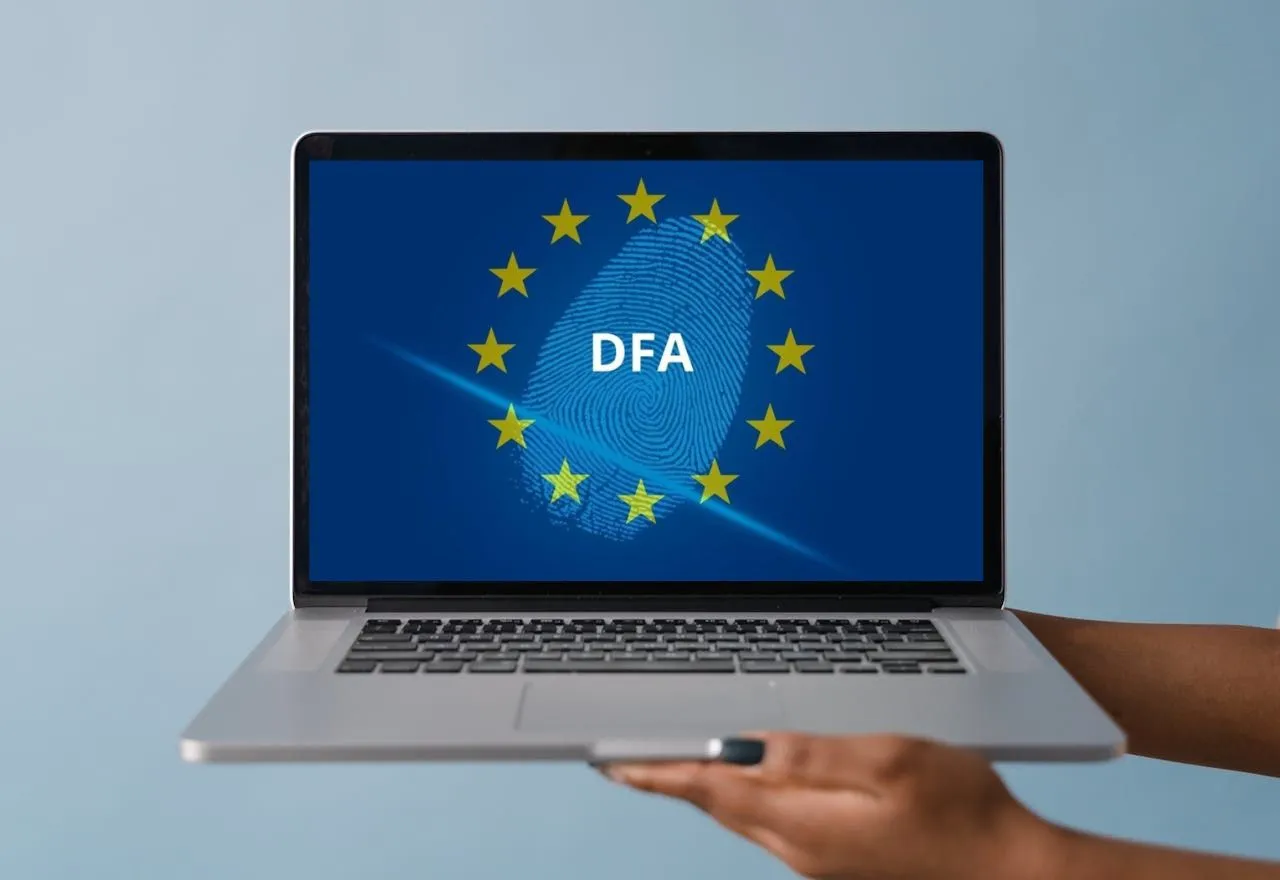A revolution is brewing in the world of digital marketing! With the Digital Fairness Act (DFA), the European Union intends to bring order to an often blurred ecosystem, where advertising and personal content are a little too often confused.
Influencers, affiliates, brands and platforms… Everyone is affected, and the rules of the game are about to change.
Focus on this new legislation.
The Digital Fairness Act: what is it?
The Digital Fairness Act is a new European legislative proposal. It aims to strengthen transparency in online marketing, particularly when it comes to influencer and affiliate marketing.
In concrete terms, the aim is to combat deceptive commercial practicessuch as disguised advertising, unreportedaffiliate links or biased recommendations.
This text follows on from the Digital Services Act (DSA) and the Unfair Commercial Practices Directive. The aim? Giving power back to consumers and let them know clearly when they are exposed to promotional content.
Is this law necessary?
The question no longer arises. A recent study by the European Commission is chilling. Yes, it is, 97 % of influencers publish commercial content, but only 20 % systematically identify it as such.
As a result, consumers – often young and impressionable – no longer know the difference between a sincere recommendation and product placement.
And at the end of the chain, this lack of clarity reduces trust, damages brand reputation… and weakens the entire digital economy.. So it was time to act!
Who is concerned by DFA?
No half-measures with this bill! All digital marketing players are in the crosshairs.
- The influencers and the content creators must clearly declare any paid partnership, affiliate link or product placement.
- The affiliation professionals will also have to be transparent. Every affiliate link must be identified as such.
- Visit brands and advertisers will be responsible for ensuring that their partners comply with the law. If they fail to do so, they could be held partially liable.
- Visit digital platforms (social networks, blogs and video platforms…) will have to provide tools to facilitate the disclosure of sponsored content.
Failure to do so may result in sanctions or even legal action.
The main measures of the Digital Fairness Act
Here are the main points of this text, which is still in preparation, but which promises to profoundly change industry practices:
- Any promotion paid for (even indirectly) must be explicitly and prominently displayed. Visit disclosure is mandatory.
- Influencers, affiliates, brands and platforms will be jointly and severally liable for compliance. Visit responsibility is shared.
- The DFA aims to limit manipulative techniques, especially for minors. It emphasizes consumer protection.
Changes in the sector
Obviously, with the DFA, influencer and affiliate marketing will have to mature. What was still seen as a grey area a few years ago will become a strictly regulated field.
Content creators will need to professionalize their practices, and brands will have to frame their campaigns.
For platforms, the challenge will be technical. They will have to develop practical, intuitive tools to enable users to clearly flag sponsored content.
But beyond the constraints, this law also presents an opportunity. More honest communication boosts audience confidence, and therefore, ultimately, trust, marketing effectiveness.
A schedule already under way
The text has not yet been adopted, but the wheels are in motion. A 12-week public consultation began in May 2025. The legislative proposal is expected by 2026. Industry professionals therefore have a few months to prepare for this new order, review their processes, train their teams and anticipate the necessary adaptations.
The era of disguised marketing is coming to an end, and Europe intends to put its digital house in order.






